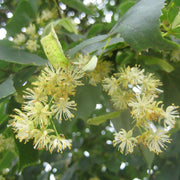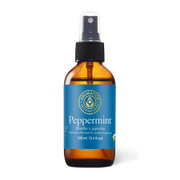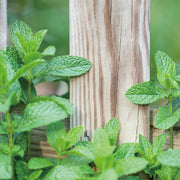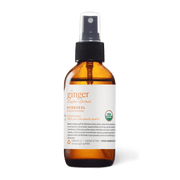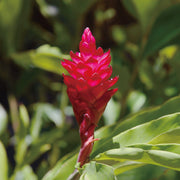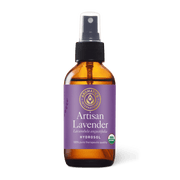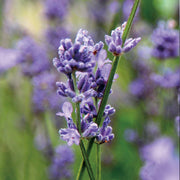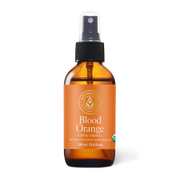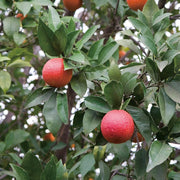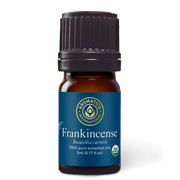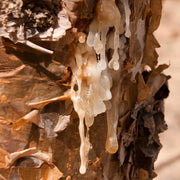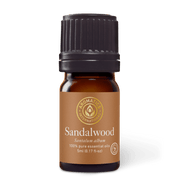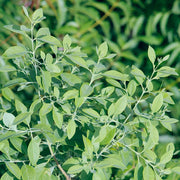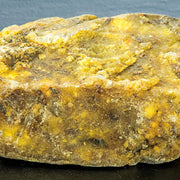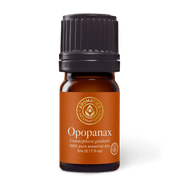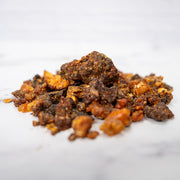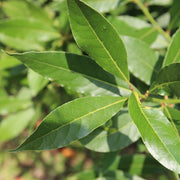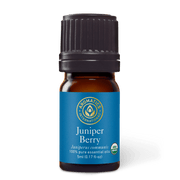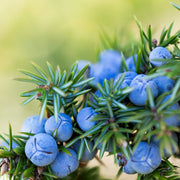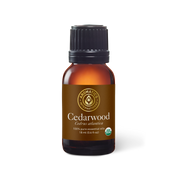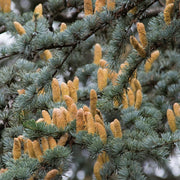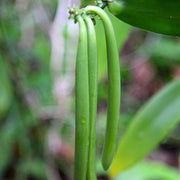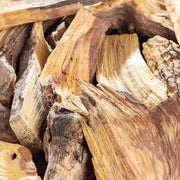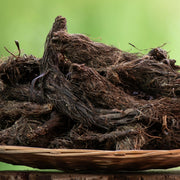Tips for sustainable use of essential oils
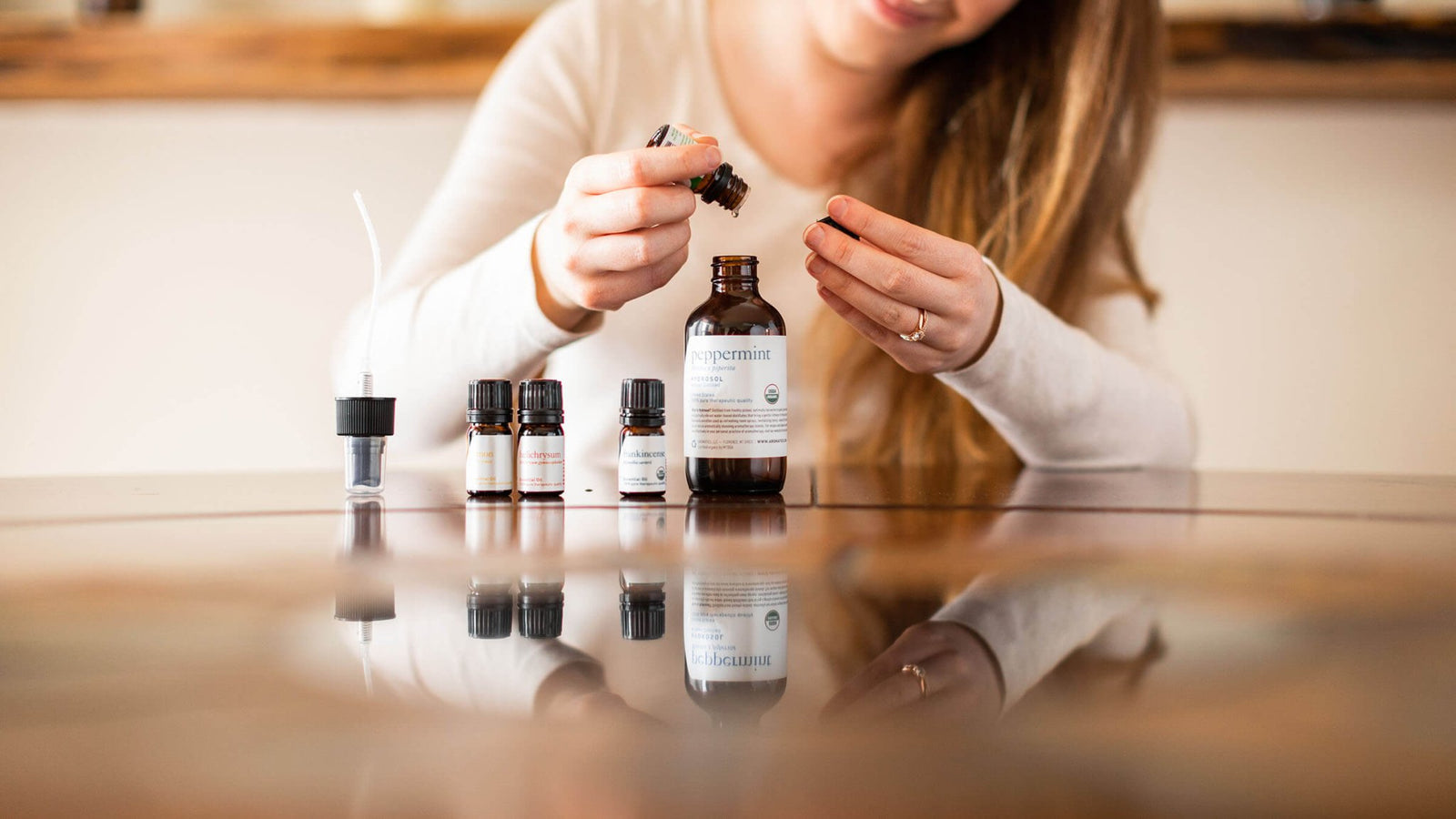
Tips for sustainable use of essential oils
Less is more
Because essential oils are so potent, think of them as a precious resource. We recommend diluting essential oils with carrier products. Diluting essential oils with carriers helps ensure safety while conserving the oil at the same time. We created a set of dilution guidelines you can refer to when using essential oils in diffusers, inhalers, topical applications, and more. Adding more than the recommended amount will not necessarily make your use of essential oils more effective or therapeutic, and in some cases can result in skin irritation or other allergies.

Be conscious of shelf-lives
There’s a wide variety of essential oils out there for you to explore, but keep in mind that each oil has a shelf-life. Once essential oils have expired, they are no longer beneficial to inhale or use topically, but they can be put to good use in cleaning products. To reduce waste, consider purchasing essential oils with an intended use in mind. And take note of shelf lives to make sure you get the most out of your purchases.
 Look for organically grown, certified organic, or wildcrafted oils
Look for organically grown, certified organic, or wildcrafted oils
Oils that are produced using natural practices help reduce the impact on our planet. They are also free of pesticides and other chemicals that can harm your health. There are three categories to look for — organically grown, wildcrafted, or certified organic. All three are equally pure and natural.
Choose your suppliers wisely
As a consumer, the most powerful thing you can do is vote with your dollars! If you aren’t sure about a company’s sustainability practices, call them and ask!
A few things to look for or ask about …
- Does your essential oil supplier have close relationships with their distillers?
- How does the company vet their growers and distillers to ensure they are following sustainable practices?
- What are they doing to ensure future harvests of rare and endangered oils, including frankincense, spikenard, sandalwood, and others?
- How are they limiting their environmental impact through their business practices?
- What are their production methods? Do they work with small-scale distillers?
- Do they publish GC/MS reports for their essential oils? (GC/MS reports provide a chemical breakdown of the components within an essential oil and can help ensure purity and quality. Learn more about GC/MS reports and how to read them.
Consider adding hydrosols or CO2s to your collection
CO2s are plant essences that are extracted using carbon dioxide as a solvent to dissolve natural materials. The process is efficient, producing large amounts of product per pound of plant material.
A few to try:
1. Linden Blossom CO2
Latin name: (Tilia cordata)
Relieve tension, detoxify the skin, and ease breathing.
2. Chamomile German CO2 Total
Latin name: (Matricaria recutita)
Soothe inflammation, nourish the skin, and relax sore muscles.
Hydrosols also make efficient use of plants. During steam distillation, a small amount of essential oil is extracted, along with a larger amount of hydrosol. Hydrosols are gentle, refreshing, aromatic waters that have similar therapeutic properties to their essential oil counterparts and can be used without dilution.
We distill our hydrosols intentionally to ensure quality and enhance therapeutic benefits. Our technique uses a longer distilling time and fresh plant material rather than dried to yield the best results.
Some popular hydrosols:
1. Peppermint Hydrosol
Latin name: (Mentha x piperita)
Calm digestion, stimulate your mind, and induce a cooling effect.
2. Ginger Hydrosol
Latin name: (Zingiber officinale)
Soothe the stomach, increase circulation, and balance your mind.
3. Lavender Artisan Hydrosol
Latin name: (Lavandula angustifolia)
Reduce stress, heal skin, and promote restful sleep.
4. Blood Orange Hydrosol
Latin name: (Citrus sinensis)
Promote positivity, hydrate skin, and boost immunity.
Take extra care when purchasing oils made from threatened plants
While it’s always important to be a conscientious consumer, we recommend using additional caution when purchasing the following common essential oils:
• Frankincense Oil (Boswellia sacra)
Status: Near threatened
• Sandalwood Oil (Santalum album)
Status: Vulnerable. Critically endangered in Timor Leste.
• Elemi Oil (Canarium luzonicum)
Status: Vulnerable
• Opoponax Oil (Commiphora guidottii)
Status: Vulnerable
• Bay Laurel Oil (Laurus nobilis)
Status: Endangered in specific countries (Albania and Slovenia)
• Juniper Berry Oil (Juniperus communis)
Status: Endangered in Albania and Belgium. Critically endangered in Morocco.
• Atlas Cedarwood Oil (Cedrus atlantica)
Status: Endangered
• Rosewood Oil (Aniba rosaeodora)
Status: Endangered
• Vanilla (Vanilla planifolia)
Status: Endangered
• Palo Santo Oil (Bursera graveolens)
Status: Critically endangered in specific countries (Peru)
• Spikenard Oil (Nardostachys jatamansi)
Status: Critically endangered
In these cases, making purchase decisions based on low prices or constant availability may have unintended consequences. Due to scarcity, these oils are sometimes obtained through illegal trading, putting the survival of these plants and the people who depend on them for their livelihoods in danger. These oils are also more likely to be adulterated (cut with other chemicals), so it’s a good idea to ask to see GC/MS tests.
Consider calling the company you are purchasing from to ask where the oils came from, what they are doing to ensure regeneration of these threatened plants, and how they test the oils to ensure purity.
Tips for sustainable use of essential oils
Join Our Newsletter
Save 15% on your first order
Aromatherapy sent directly to your inbox. Receive tips, essential oil recipes, promotion alerts, live events and more. We look forward to connecting with you! *Exclusions apply.

 Look for organically grown, certified organic, or wildcrafted oils
Look for organically grown, certified organic, or wildcrafted oils
